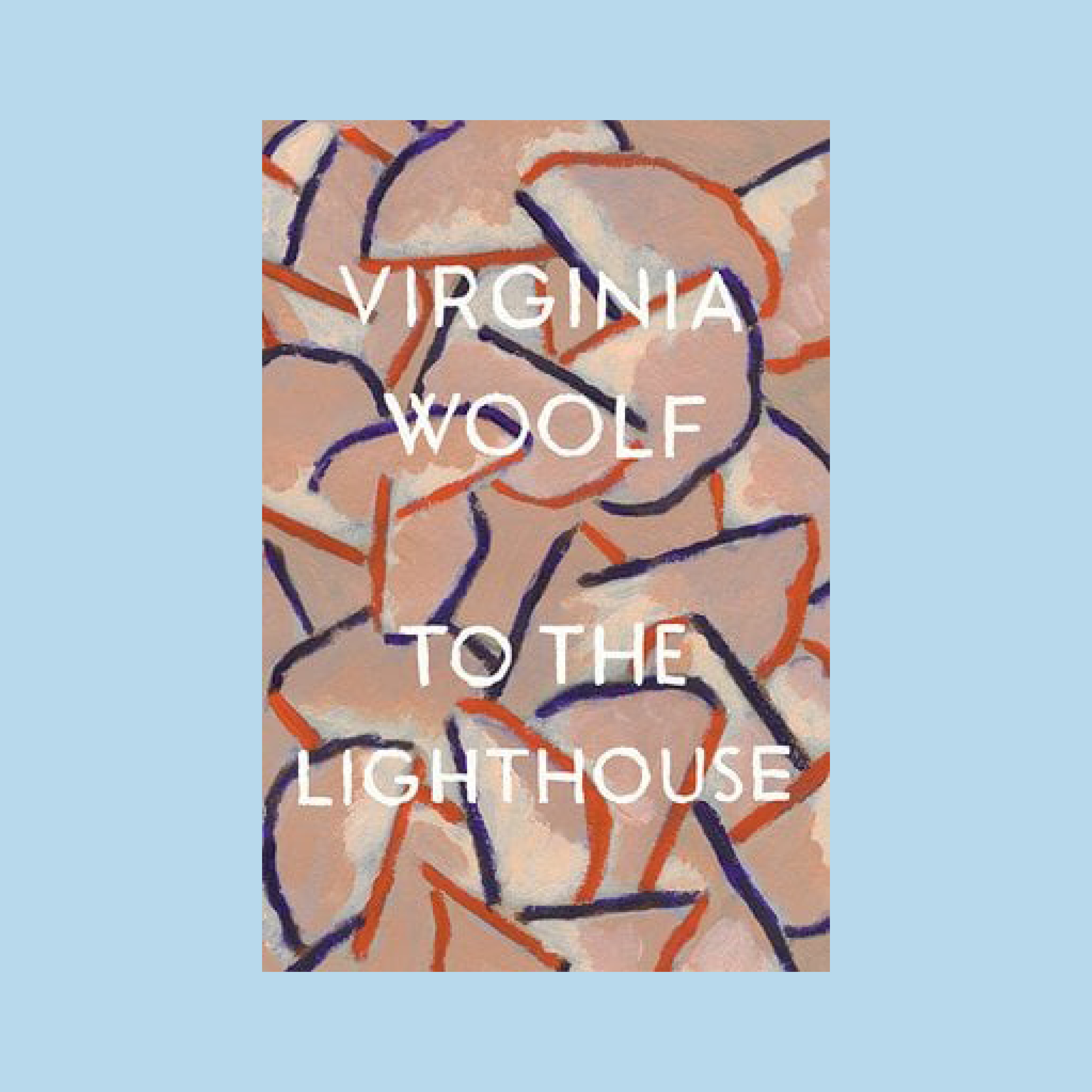APS TOGETHER
Day 13
To the Lighthouse by Virginia WoolfPart III, Chapters 5-8
May 13, 2023 by Mona Simpson
Chapter 5
“Mrs. Ramsay has faded and gone,” Lily thought. “We can override her wishes, improve away her limited, old-fashioned ideas.”
Doesn’t every woman of the next generation think this of the older woman?
“Mockingly she seemed to see her there at the end of the corridor of years saying, of all incongruous things, “Marry, marry!” (sitting very upright early in the morning with the birds beginning to cheep in the garden outside). And one would have to say to her, It has all gone against your wishes… Life has changed completely.”
And yet, like many young women defending their generation’s personal choices, Lily sometimes sounds as if she’s protesting too much. “What was this mania of hers for marriage?” she asks herself.
“She had only escaped by the skin of her teeth though, she thought. She had been looking at the tablecloth, and it had flashed upon her that she would move the tree to the middle, and need never marry anybody, and she had felt an enormous exultation. She had felt, now she could stand up to Mrs. Ramsay—a tribute to the astonishing power that Mrs. Ramsay had over one. Do this, she said and one did it.”
But in their platonic asexual way, Lily and William have a deep friendship, as constant and serviceable as many marriages.
She could talk to him about her work.
“One could talk of painting then seriously to a man. Indeed, his friendship had been one of the pleasures of her life.”
She understood his vulnerabilities: “he would stop to look at a tree, or the view over the lake, and admire a child—(it was his great grief—he had no daughter).”
Like the Ramsays had, they shared small daily cares.
“Then he would tell her how his housekeeper was on her holiday; he must buy a new carpet for the staircase.”
“She loved William Bankes.”
Lily’s understanding about why her relationship with Mr. Ramsay lacked “that element of sex” was that she had never been able to praise him to his face, which seems to imply that she understood sexuality to be primarily a matter of hierarchy. To be sexual, he must be superior. This, she believed, made Mr. Ramsay’s manner to Minta so gallant.
“He would pick a flower for her, lend her his books. But could he believe that Minta read them? She dragged them about the garden, sticking in leaves to mark the place.”
Mr. Bankes, though, seems more broadly asexual.
“How that little round hole of pink heel (Minta had once had a hole in her stocking) seemed to flaunt itself before them! How William Bankes deplored it, without, so far as she could remember, saying anything about it! It meant to him the annihilation of womanhood, and dirt and disorder, and servants leaving and beds not made at midday—all the things he most abhorred.”
Chapter 6
Another of Virginia Woolf’s one sentence chapters. The bookend for Chapter 15, which reads:
“‘Yes’, said Prue in her considering way, answering her mother’s question, ‘I think Nancy did go with them.’”
Chapter 6:
“[Macalister’s boy took one of the fish and cut a square out of its side to bait his hook with. The mutilated body (it was alive still) was thrown back into the sea.]”
Chapter 7
“‘Mrs. Ramsay!’ Lily cried, ‘Mrs. Ramsay!’ But nothing happened.”
“She remained a skimpy old maid, holding a paintbrush.”
The elusive vision of Mrs. Ramsay’s spirit, raising to her forehead a wreath of white flowers.
“Mr. Ramsay; the man who had marched past her, with his hand raised, aloof, at the head of a procession, in his beautiful boots, asking her for sympathy, which she had refused. The boat was now halfway across the bay.”
Chapter 8
“‘It will rain,’ he remembered his father saying. ‘You won’t be able to go to the Lighthouse.’ The Lighthouse was then a silvery, misty-looking tower with a yellow eye, that opened suddenly, and softly in the evening. Now—James looked at the Lighthouse. He could see the whitewashed rocks; the tower, stark and straight… So that was the Lighthouse, was it?”
“No, the other was also the Lighthouse. For nothing was simply one thing. The other was the Lighthouse too.”
Is Woolf saying something here, about expectation, happiness and disappointment? We know, already, before they set foot outside the small boat, that the real lighthouse will not be “fringed with joy” the way the anticipation of this trip, this day had once been in childhood.
